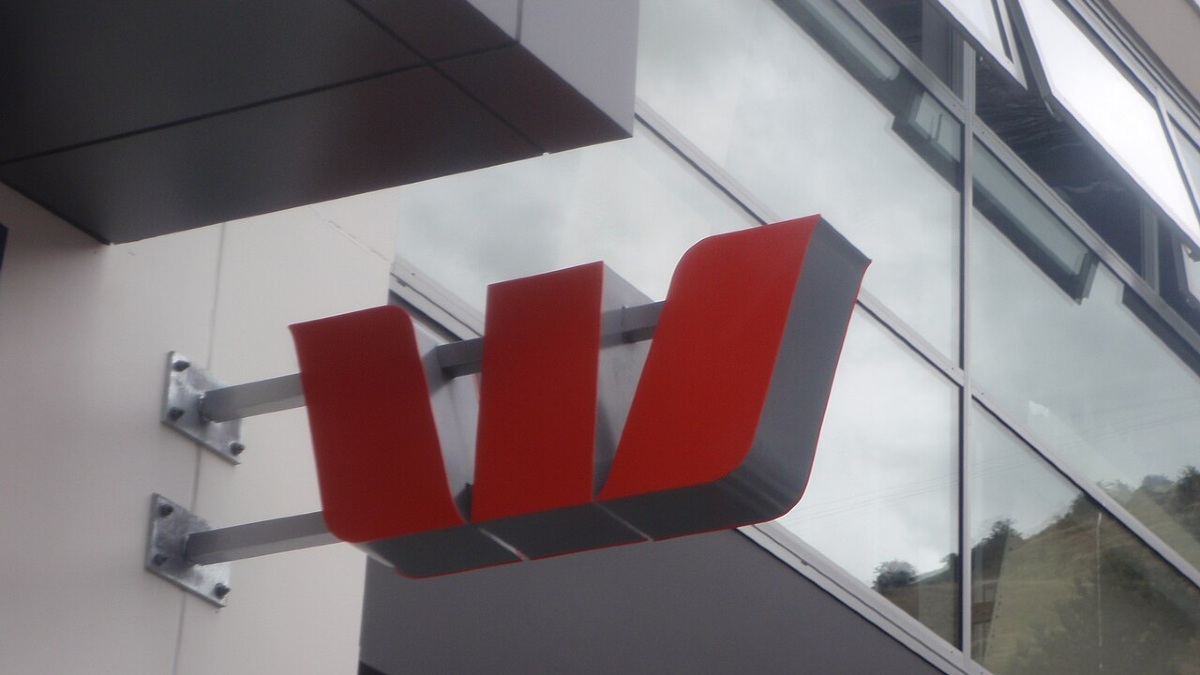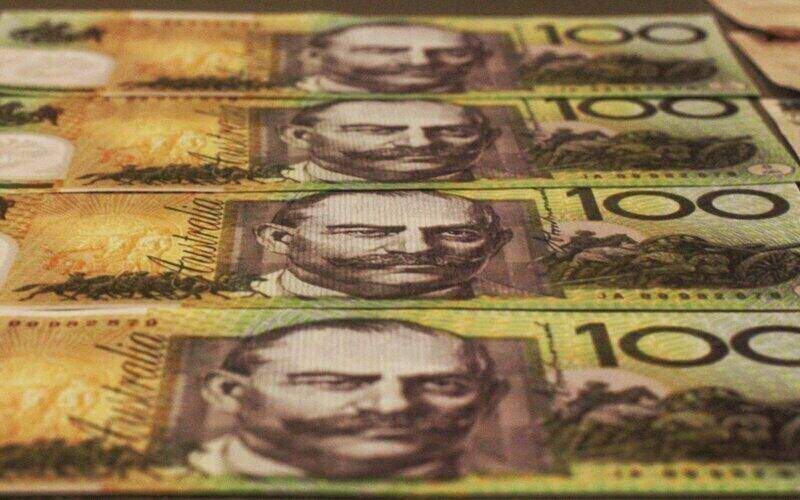On Tuesday afternoon, the RBA confirmed a 10th consecutive hike lifting the official cash rate to 3.6% - the highest seen since June 2012.
In the February statement, the final paragraph referred to further interest rate “increases,” signalling the Board expected more than one rate hike.
In March’s statement, the tone softened to “further tightening” painting the picture a cash rate pause may be on the cards in the near future.
However, with many major economists still expecting the cash rate to peak at 4.10% by May, incoming data in the coming weeks/months will hold the key to the interest rate crystal ball.
Speaking to the Savings Tip Jar Podcast, Judo Bank economics advisor Warren Hogan said there may be one more rate hike, taking the cash rate to 3.85%, then the RBA will sit back for a little while.
“I’m not convinced that that’s going to be the end of it,” Mr Hogan said.
“I think a lot in the market will be, even the professional markets, bond markets, and currency markets.
“But my concern is that this economy is strong, that this inflation is stubborn and that we may see some further rate hikes at the end of our winter going into spring.”
Much is said about what the RBA should do, but the central bank's decisions are largely driven by four key economic indicators, as outlined below.
1. Consumer Price Index
The Consumer Price Index (CPI) measure of inflation is the main economic factor that impacts rate decisions. In fact, the cash rate is one of the only tools available to try and get inflation within the Board’s 2-3% target range.
Essentially, rate rises limit spending, which then stops businesses from hiking prices, which ultimately lowers inflation.
Speaking to the 2023 Financial Review Business Summit on Wednesday, RBA Governor Dr Philip Lowe said while inflation appears to have peaked, the Board will be keeping a close eye on incoming data.
“Our judgment, though, remains that further tightening of monetary policy is likely to be required to bring inflation back to target within a reasonable timeframe,” Mr Lowe said.
“Inflation is still too high and while it looks to be on a declining path it is likely to remain higher than target for a few years.
“If we don’t get inflation down fairly soon, the end result will be even higher interest rates and more unemployment.”
The central forecast is for inflation to decline throughout 2023-24, and reach 3% by mid-2025.
2. Wages growth
One of the RBA’s key concerns has been the risk of a wage-price spiral - where inflation surges, wages surge, inflation goes up again, and the cycle continues.
In the March statement, Dr Lowe said the central bank wants to avoid wages growth triggering further inflation, despite real wages being at a decade-low, which could trigger further rate hikes.
“At the aggregate level, wages growth is still consistent with the inflation target and recent data suggest a lower risk of a cycle in which prices and wages chase one another,” he said.
“The Board, however, remains alert to the risk of a prices-wages spiral, given the limited spare capacity in the economy and the historically low rate of unemployment.
“Accordingly, it will continue to pay close attention to both the evolution of labour costs and the price-setting behaviour of firms.”
3. Unemployment rate
Australia’s unemployment rate lifted to 3.7% in January.
“The unemployment rate remains at close to a 50-year low,” Dr Lowe said.
“Many firms continue to experience difficulty hiring workers, although some report a recent easing in labour shortages.
“As economic growth slows, unemployment is expected to increase.”
This could signal an end in rate rises and potentially prompt the RBA to consider rate cuts.
New labour force data will be released on 16 March.
4. GDP
The ABS revealed Gross Domestic Product (GDP) figures lifted in the December quarter by 0.5% to reach an increase of 2.7% annually.
While this did mark the fifth consecutive rise in quarterly GDP, growth slowed in each of the last two quarters.
“Growth over the next couple of years is expected to be below trend,” Mr Lowe said.
“The recovery in spending on services following the lifting of COVID restrictions has largely run its course and the tighter financial conditions will constrain spending more broadly.”
ANZ Senior Economists Felicity Emmett and Catherine Birch said the recent GDP data was more subdued than they had predicted.
“Today’s report suggests the economy is slowing under the weight of higher prices and interest rates, with consumer spending recording outright falls in two states," they said.
“Inflationary pressures, while past the peak, remain strong.
“While more timely data will dominate the RBA’s consideration around interest rates, the data raise the risk that the RBA may feel able to pause in its tightening cycle earlier than we currently expect.”
Household spending, retail trade, developments in the global economy, and consumer confidence will also be key to the possibility of further tightening.
AMP Chief Economist Shane Oliver said the rate hikes are getting traction with weak jobs data, slower than expected wages growth, stagnant nominal retail sales, and weaker than expected GDP.
“Economic data can run hot and cold and seasonal adjustment issues may be playing a role but taken together the run of recent data suggests that demand is cooling and inflation has peaked,” Mr Oliver said.
“We are concerned that ongoing rate hikes risk unnecessarily plunging the economy into a recession.
“As such it’s time for the RBA to have a pause and we are assuming a pause at their April meeting.”
Advertisement
Buying a home or looking to refinance? The table below features home loans with some of the lowest interest rates on the market for owner occupiers.
| Lender | Home Loan | Interest Rate | Comparison Rate* | Monthly Repayment | Repayment type | Rate Type | Offset | Redraw | Ongoing Fees | Upfront Fees | Max LVR | Lump Sum Repayment | Additional Repayments | Split Loan Option | Tags | Row Tags | Features | Link | Compare | Promoted Product | Disclosure |
|---|---|---|---|---|---|---|---|---|---|---|---|---|---|---|---|---|---|---|---|---|---|
5.79% p.a. | 5.83% p.a. | $2,931 | Principal & Interest | Variable | $0 | $530 | 90% |
| Promoted | Disclosure | |||||||||||
5.74% p.a. | 5.65% p.a. | $2,915 | Principal & Interest | Variable | $0 | $0 | 80% |
| Promoted | Disclosure | |||||||||||
5.84% p.a. | 6.08% p.a. | $2,947 | Principal & Interest | Variable | $250 | $250 | 60% |
| Promoted | Disclosure |
Image by Leeloo Thefirst via Pexels

Ready, Set, Buy!
Learn everything you need to know about buying property – from choosing the right property and home loan, to the purchasing process, tips to save money and more!
With bonus Q&A sheet and Crossword!






 Denise Raward
Denise Raward


 Brooke Cooper
Brooke Cooper
 Harry O'Sullivan
Harry O'Sullivan

